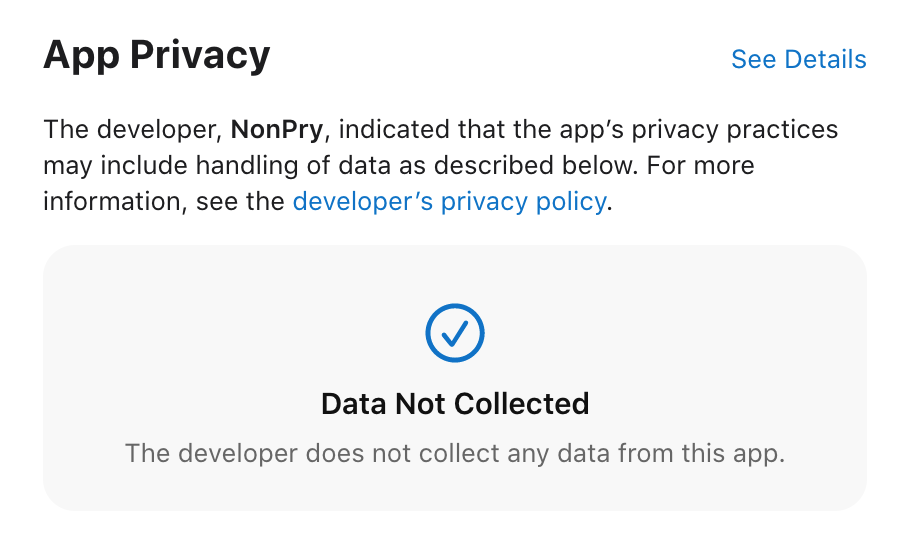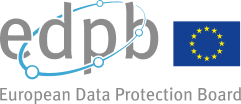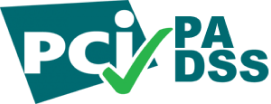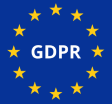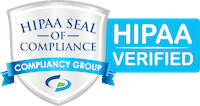Data Privacy problems in communication
Most communication providers have and utilize huge amounts of collected data. We think this is wrong. Instead, we use the Zero Data Approach.
In the European Union, privacy is recognised as an absolute fundamental right and in some parts of the world privacy has often been regarded as an element of liberty, the right to be free from intrusions by the state.
Our communication system does not only meet the European Union's strict data protection law but overperform it: all the features and functions we have designed with a zero data approach. Hence our name, "Privacy Technology".

